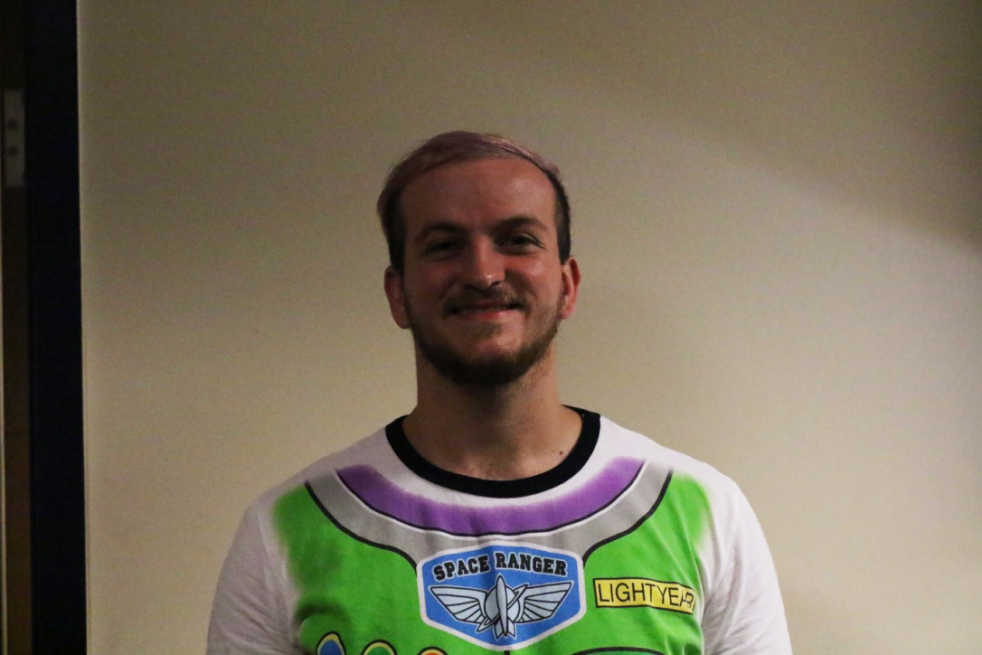It’s getting to be that time of year again. The first Hell Week is approaching, and with it comes the questioning whether you can cut the mustard in classes this go-around. It may be an overloaded schedule, too many extra-curricular activities or perhaps even a poor choice of major as the root issue. The first two are relatively easy to deal with, but the third option on that list carries a lot
of weight.
According to the National Center for Education Statistics (NCES), 80 percent of students will change their major sometime during their college career. I don’t know the exact statistics for Tech, but from what I’ve experienced, I feel like that may be a little bit of an overstatement. However, it is very true that a lot of people have changed their major, will change it or both — me included. I was accepted into Tech with my declared major as ME, but as the summer dragged on and FASET loomed on the horizon, I began to think that it wasn’t for me. Lucky for me, the first major that did sound interesting, MSE, has proven to be the right choice for me so far. For many others, the same can’t be said. NCES also states that the average college student changes their major three times.
Three times is a lot, especially at Tech, where the average student takes a little longer to graduate. Immense pressure is on students who come in undeclared as well as on those who later that their initial choice wasn’t for them.
When I wanted to change my major, I looked at the description for each one and asked my sister, who had just graduated from Tech, what they really did. A decent proportion of people changing their major could’ve avoided it all together if they had simply done the research on what each major was and had to offer. This could be done by getting in contact with alumni, professionals in the field or through a quick search on the internet.
While the student does hold some of the blame, another portion of it can be given to secondary education and the lack of resources it provides. Many students, especially ones who get good grades, follow a relatively similar path through high school. This involves taking advanced courses across many subjects with the idea that somehow a student will figure out what they like based on the general ideas of the subject, but for many that obviously isn’t happening.
Part of this blame falls strictly on the current funding of many public schools across the country. If funding to schools was increased, then more valuable resources such as trained college counselors could be added to schools allowing for more students to inquire about their future from a knowledgeable source.
Another possibility would be altering the path that high-schoolers are allowed take. Some public and many private schools are becoming specialized institutions where students can focus on an area they believe they would want to major in before they get to college.
The final issue is tricky. Society as a whole, at least in America, has an absurd obsession with throwing fresh, young adults into a world where they seem to be ill-prepared. In the future, if we want students to be more sure of what they want, we as a society need to either educate those future students, or decrease the stress they face when making that decision.
I know that we will never make the rate of students changing their major zero, but we can definitely lessen it. As students, we must do our research and, in doing so, create a culture in which students know to do their homework on what major they want to choose. As teachers and future alumni, we must make sure that we create opportunities for these students to experience majors before selecting one. And as a society, we have to change how the decision of picking a major is viewed.
